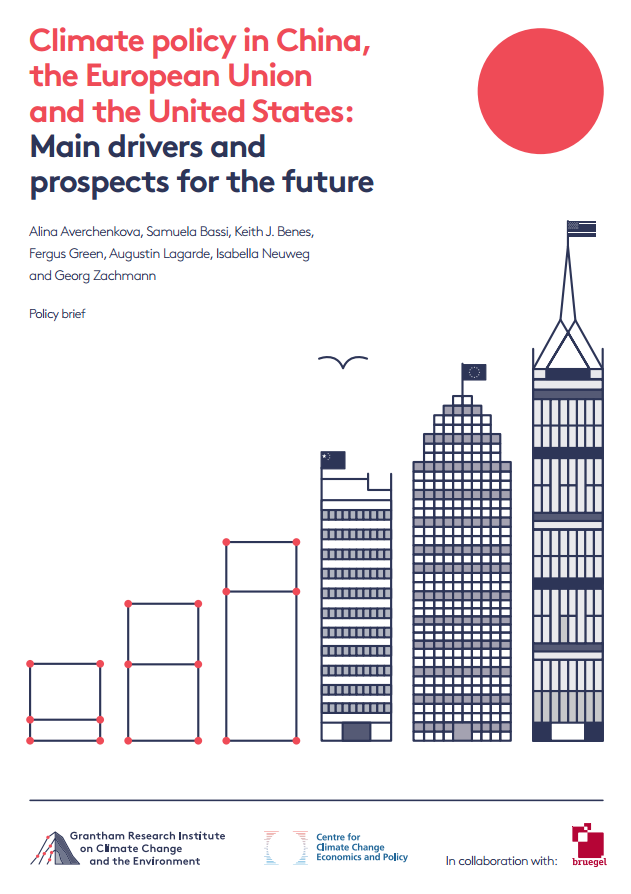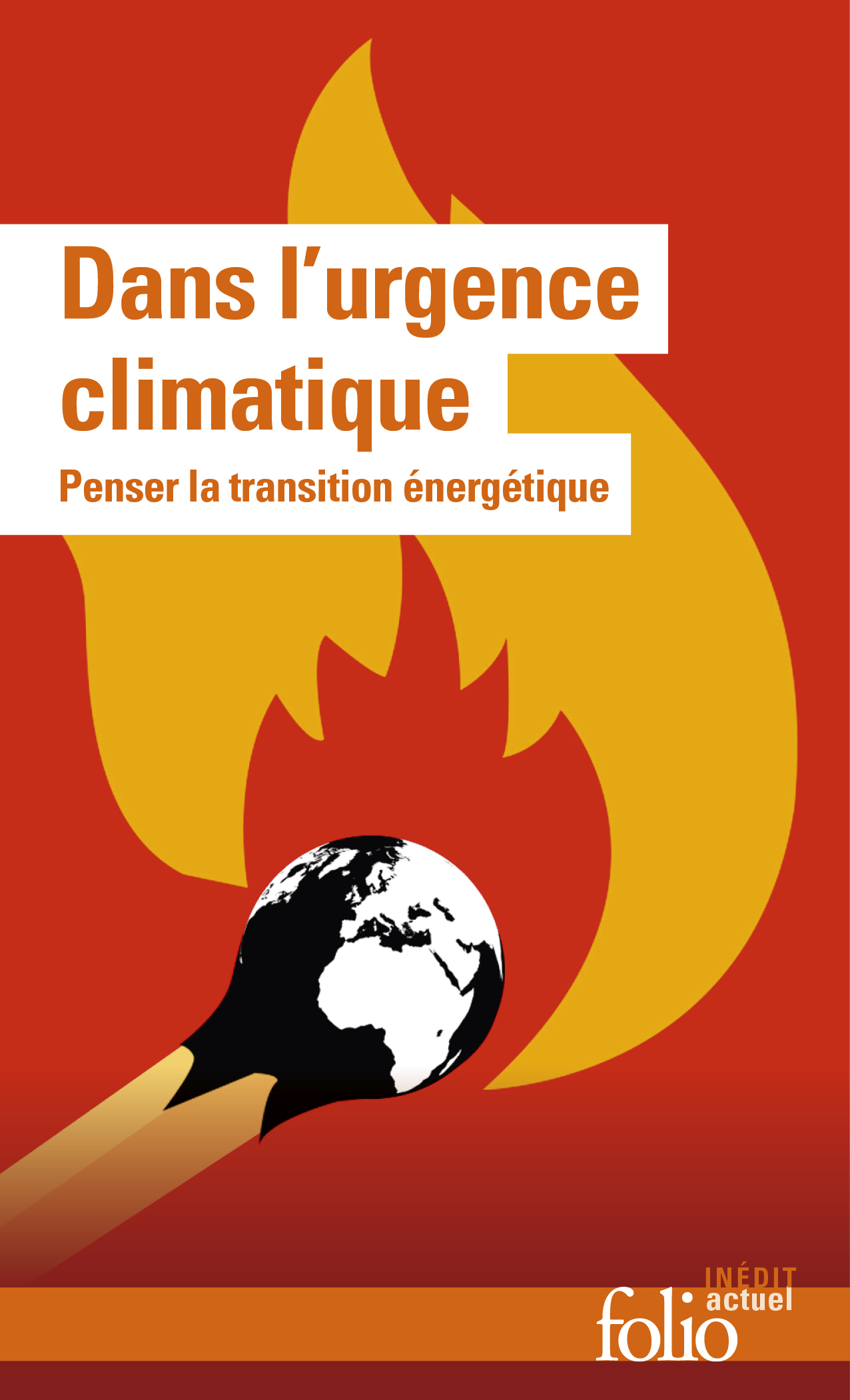External Publication
Climate policy in China, the European Union and the United States: Main drivers and prospects for the future
China, the European Union (EU) and the United States (US) are responsible for the majority of global emissions of greenhouse gases, and produce about half of global GDP. Hence, their climate policies not only determine the success of global efforts to curb future emissions of greenhouse gases, but also affect policy developments in other countries. The aim of this report is to assist policy-makers, climate change negotiators and analysts to understand the domestic constraints and opportunities facing each jurisdiction, and to identify areas of common interest or concern between the three jurisdictions.
Key findings
China
- China will likely meet the targets in its nationally determined contribution (NDC) to peak carbon dioxide emissions by 2030 at the latest, and to reduce the carbon intensity of its economy by 60-65 per cent by 2030 compared with 2005.
- China could improve incentives and mechanisms for its state-owned enterprises and the provinces to comply with targets set at national level. It could also allocate adequate resources to monitor compliance to ensure the effective and efficient implementation of existing and future Chinese climate and energy policies.
- Further state measures to support the accelerated scale-up of renewable energy sources offer strong potential for climate mitigation in China, as they lead to industrial modernisation and innovation, job creation, lower air pollution and improved energy security.
- Energy markets in China should be reformed to avoid the problem of local governments and market operators favouring coal-fired utilities over renewable sources.
- Phasing out high-carbon and energy-intensive industries will be a significant challenge for China. Nevertheless, it has committed significant financial resources to manage this.
- China will need to address rising non-CO2 greenhouse gases, which are likely to continue to grow beyond 2030 due to expected higher production and application of fertilisers, expansion in the power sector, and coal-mining and because current policies are likely to be insufficient to address non-CO2 greenhouse gas emissions.
European Union
- The EU will need to increase its current ambition and ensure effective policy implementation in order to meet its 2030 targets.
- The EU benefits from stable climate policies and strong leadership from the European Commission. Climate policies already in place commit the EU to continued reduction in emissions until 2030 and a constant annual reduction factor under the EU emissions trading system will bring the issuance of new allowances to zero by 2067. Further to this, and despite other challenges such as migration and the ongoing economic issues, the European Commission has proved itself capable of driving the climate policy agenda.
- The EU must deal effectively with resistance to climate change policies from Member States with large fossil fuel resources and/or large pollution-intensive sectors as it seeks to implement the Energy Union and to reform other key policy instruments geared to achieving existing climate targets for 2020 and 2030.
- The EU needs to focus on low-carbon innovation. Since 2009 research and development spending on low-carbon innovation has been decreasing, though the EU is working to improve this through increased spending targets and increases in funding for clean energy research under the Horizon 2020 programme.
United States
- In order to meet the target in its NDC, the US would not only have to increase the ambition of emissions reductions from its power sector, but also for its industry and transport sectors, amongst others.
- President-elect Trump has announced that he will repeal the Clean Power Plan and dismantle federal climate policy in general. This is unlikely to be a straightforward, quick or easy process. However, the uncertainty created by Donald Trump is likely to stall action under the Clean Power Plan and the Climate Action Plan in the short-term.
- The importance of energy-intensive industries to the US economy affects the government’s willingness to implement ambitious policies to reduce emissions and also gives industrial interests a strong voice in US climate policy-making.
- A number of US States support action on climate change and have the potential to deliver significant emissions reductions. For example, 19 States committed to continue to submit plans to comply with the Clean Power Plan despite the stay by the Supreme Court. Together the 19 represent 36 per cent of the emissions reductions that would be delivered by the Clean Power Plan in the interim period (2022-2029), and 30 per cent of the cuts expected by 2030 and beyond. Nevertheless, Donald Trump’s election as president creates uncertainty and progress on climate policy would need to be driven by State and other local initiatives during his term.











